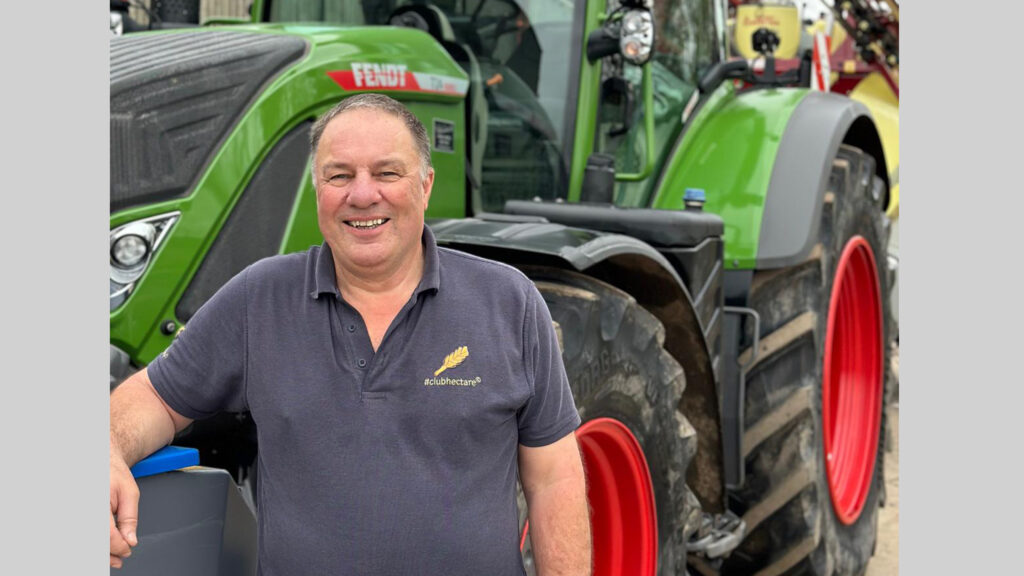Farmers voice frustration over £600 delinked payment cap
 © Adobe Stock
© Adobe Stock
Farmers across England have reacted with dismay after receiving confirmation that their delinked payments for this financial year will be capped at just £600.
This is a dramatic drop from the £28,400 average they received under the Basic Payment Scheme (BPS) as recently as 2020-21.
The BPS is being phased out completely by 2027. According to the 2024 Autumn Budget, many farmers will see delinked payments fall to around £7,200 in 2025, and to just £600 in both 2026 and 2027.
Meanwhile, farmers in Scotland and Wales will continue receiving BPS payments for at least the next couple of years, as agricultural policy is devolved and both governments have chosen to retain direct payments for now, with future support schemes still under consultation and review.
See also: Fresh SFI delay storing up ‘massive problems’ for farmers in 2026
Lincolnshire arable farmer Andrew Ward voiced his frustration on X (formerly Twitter) after receiving his notification.
“For the second year running, Labour have cut our delinked payments to such an extent they are only paying us £600 – that’s about the cost of filling a tractor up with one tank of diesel,” said Mr Ward.
Mr Ward also criticised the cost-effectiveness of processing such small sums, arguing the administrative costs “will be much more”.
‘Borderline insulting’

Phil Rowbottom © Supplied by Phil Rowbottom
Arable farmer Phil Rowbottom, who farms 135ha and also runs a golf course near Wakefield, West Yorkshire, has also received his payment notification.
“I’m down to the last £600 from the government. I think I’ll go and drill another few acres with my contract drilling business,” he said.
“What the government is doing to farmers is just criminal. It’s not just Labour, I don’t trust politicians of any colour anymore.
“They may as well have just kept their £600 – it’s borderline insulting. It costs them more money to run an office.”
Mr Rowbottom said 75% of his income now comes from the golf course due to tight margins in food production. “Why is the food industry at my levels not profitable? Why do you need to run two jobs to make it profitable?” he asked.
Although Mr Rowbottom is “one of the lucky ones” and is in year two of a three-year Sustainable Farming Incentive (SFI) agreement, he fears Defra could wind down the scheme in the future.
Ed Hutley, farm business consultant at Ceres Rural, said farmers are now feeling the full impact of policy changes.
“We’ve known for a while that the BPS was going to disappear, but what was not as clear was what the trajectory would look like in terms of reductions,” he said.
CS agreements ending
He also noted that about 4,500 Countryside Stewardship agreements are ending this year, with little clarity on future options.
“From an arable farming perspective, for 2025 you have got poor yield, poor prices and virtually no support. It’s really tough out there,” Mr Hutley said.
A UK government spokesman defended its approach. “Farming plays a central role in our mission to kick-start economic growth, with farmers acting as stewards for our nation’s food security,” said a spokesman
“Over the past year, we have taken decisive action to support the sector, including targeting a record £11.8bn towards sustainable farming this parliament.”
